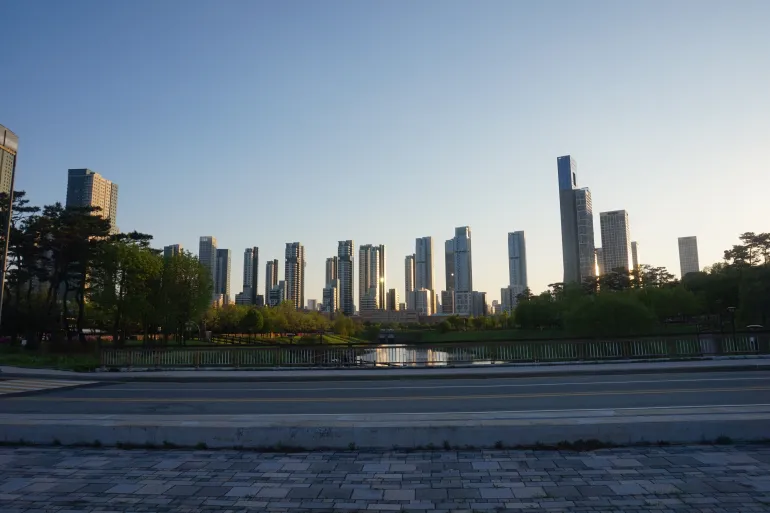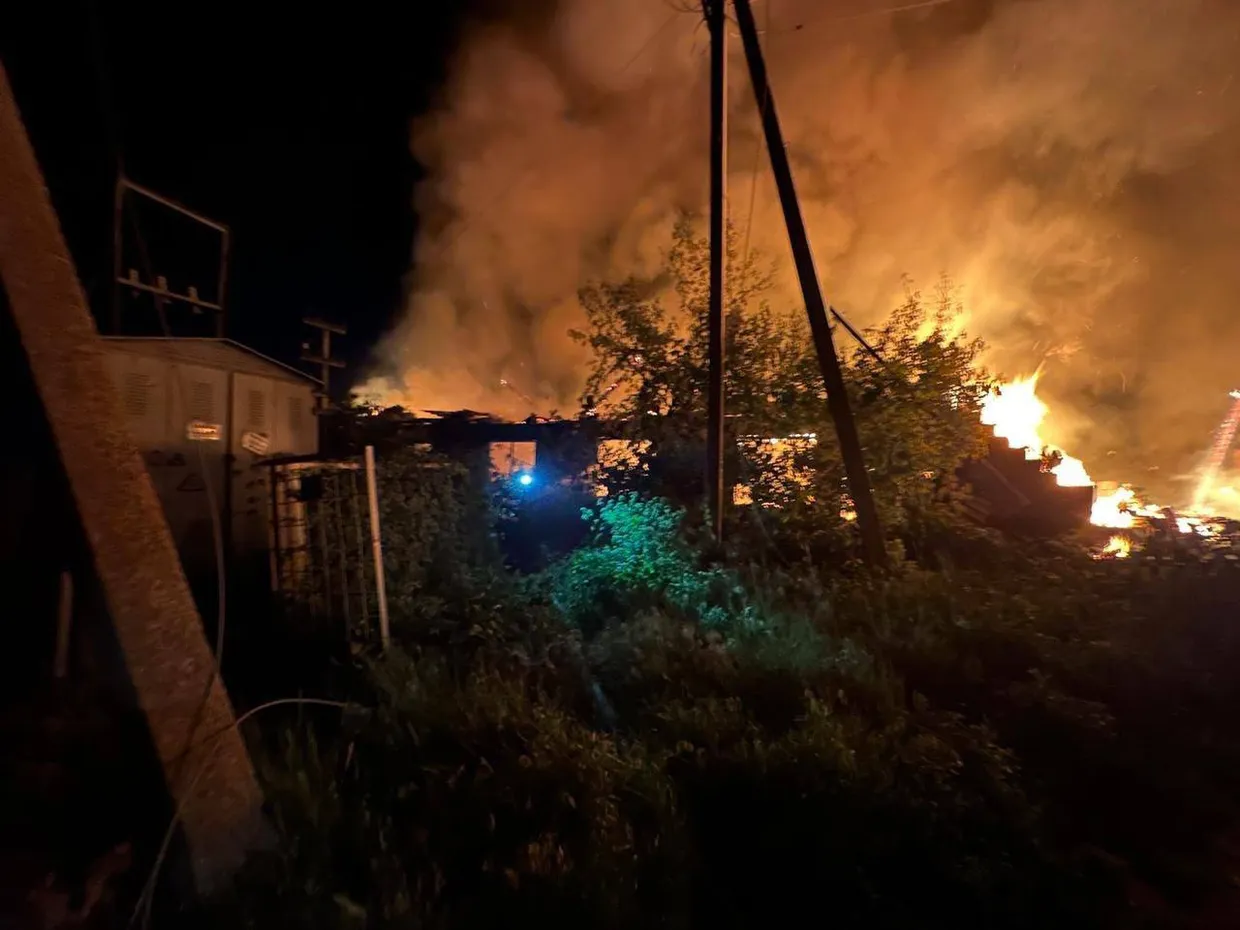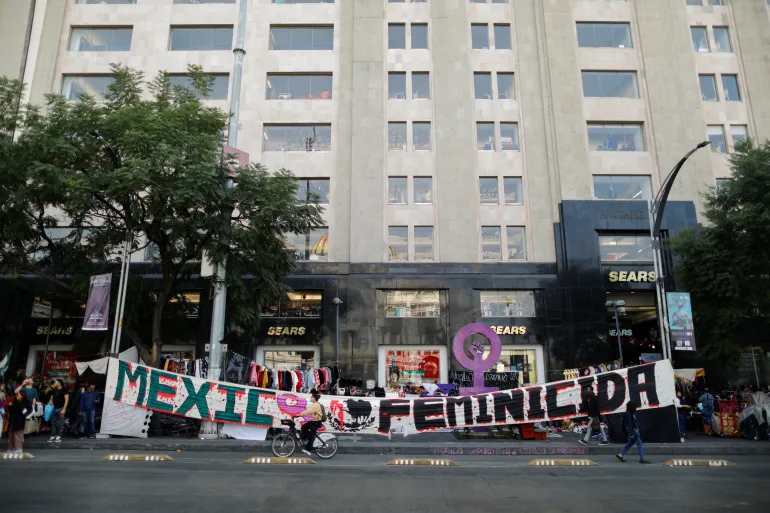South Korea’s leading presidential candidate is proposing a sweeping transformation of the nation’s administrative landscape by shifting many key government functions to a newly designated city, effectively establishing a new de facto capital. The plan is part of the candidate’s broader strategy to decentralize power from Seoul and alleviate the challenges associated with the densely populated capital.
The frontrunner, widely considered the favorite ahead of the country’s next presidential election, has centered his campaign around reducing the concentration of political and economic power in Seoul. In a recent policy statement, he outlined his proposal to move several ministries and national agencies to Sejong, a city originally conceived for administrative purposes.
Sejong, located approximately 120 kilometers south of Seoul, was designated in 2007 as a special administrative city to help balance development across the country. Although some ministries have already relocated there, most of the key government bodies and the National Assembly remain in Seoul.
The candidate argued that shifting the full weight of government to Sejong would not only reduce overcrowding and real estate pressure in Seoul but also support regional development and improve administrative efficiency. “It’s time for a more balanced Korea,” he said. “We cannot allow one city to monopolize everything.”
He emphasized that Seoul would retain its symbolic and economic status but said Sejong would take over core administrative roles. The plan would require significant infrastructure investment and legal adjustments, including the amendment of the capital city designation currently enshrined in South Korean law.
Political analysts say the proposal is likely to gain traction among voters outside Seoul, particularly in the southern and central regions, where calls for greater regional equity have long persisted. However, critics argue the move could result in duplication of functions, confusion, and excessive government spending.
Some members of the ruling party have expressed skepticism about the feasibility of such a large-scale move. A party spokesperson questioned whether the plan is realistic within the term of a single presidency and suggested the focus should remain on improving services in existing administrative regions.
Meanwhile, the frontrunner’s supporters point to the success of partial relocation efforts already underway in Sejong, where multiple government agencies operate. They argue that a complete transition could improve operational coordination if done gradually and with strategic planning.
Urban planners and experts have also weighed in, noting that decentralization is a growing trend among countries grappling with overburdened capitals. “What this candidate is proposing aligns with international examples, such as Brazil’s Brasília or Malaysia’s Putrajaya,” said one professor of public policy. “But execution is key.”
The debate has already sparked discussions in the National Assembly, with several lawmakers urging public hearings and feasibility studies. South Korea’s population imbalance and regional economic disparity are long-standing issues, and the proposed relocation could become a central topic in the election campaign.
No official timeline has been provided, and the candidate has acknowledged that such a transition would be phased in over several years. Still, he maintains that a strong mandate from voters could empower his administration to begin the necessary groundwork immediately.
As the presidential race intensifies, the relocation proposal is likely to serve as a defining policy platform. Whether it resonates with voters in Seoul or becomes a rallying call for those in the country’s outlying provinces remains to be seen.
Source; Al Jazeera



